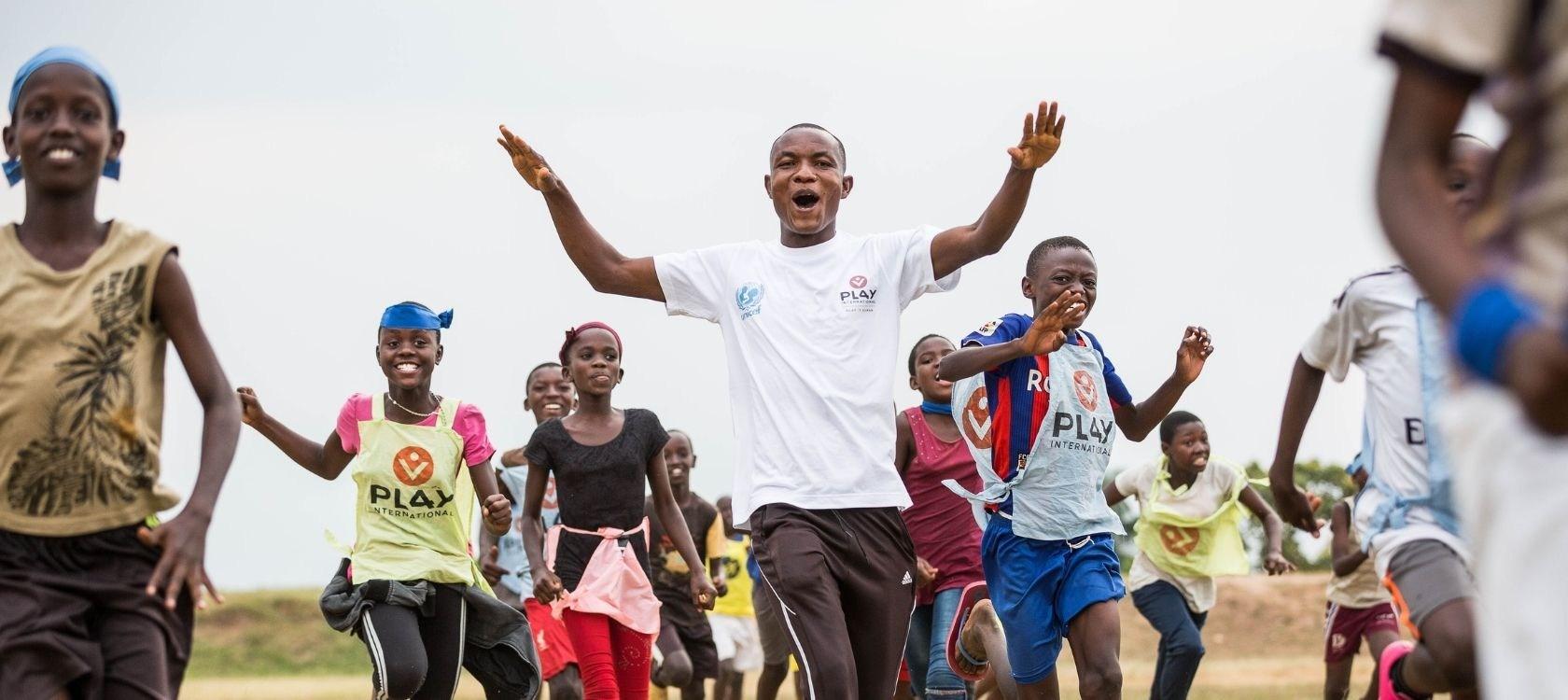Introduction to the connection between sports and society
Sports have always been more than just games. They are a powerful reflection of society, influencing and shaping cultural narratives in profound ways. From grassroots movements to high-stakes championships, athletics serve as a platform for change. Whether it’s breaking down barriers or challenging societal norms, the intersection of sports and social issues is undeniable.
The roar of the crowd isn’t just about victory; it represents hope, resilience, and unity. As athletes step onto the field or court, they carry not only their dreams but also the aspirations of countless individuals who look up to them. This connection between sports and society has evolved over time, proving that athletic endeavors can drive significant shifts in attitudes and values.
Join us as we explore how sports act as a catalyst for change in modern society—shaping perspectives on important issues while inspiring future generations to take action.
Historical examples of sports shaping societal attitudes and values
Sports have long served as a mirror reflecting societal attitudes. The 1936 Berlin Olympics showcased this phenomenon, where athletes like Jesse Owens challenged Nazi ideologies through outstanding performances.
Another pivotal moment occurred during the civil rights movement in the United States. Athletes such as Muhammad Ali and Jackie Robinson became symbols of resistance against racial injustice. Their actions inspired countless individuals to confront discrimination head-on.
The world also witnessed how South Africa’s rugby team united a divided nation during the post-apartheid era. Nelson Mandela’s support for the Springboks demonstrated sports’ power to transcend politics and promote healing.
In more recent times, events like Colin Kaepernick’s protest against police brutality reignited conversations about race and equality. Each stride on the field or court becomes an opportunity for dialogue and change, revealing how deeply intertwined sports are with social values throughout history.

The impact of professional athletes as role models and activists
Professional athletes hold immense influence in today’s society. Their lives are often under the microscope, allowing them to serve as role models for millions. Children and young adults look up to these figures not just for their athletic prowess but also for their values and actions.
Athletes like Colin Kaepernick and LeBron James have taken bold stands on social issues, using their platforms to advocate for justice. This activism resonates beyond games, inspiring fans to engage in meaningful conversations about equality and human rights.
Moreover, when athletes speak out on political or social matters, they challenge traditional norms. They demonstrate that success isn’t solely measured by statistics but also by contributions to community welfare and societal progress.
This visibility fosters a culture of responsibility among upcoming generations who see that with fame comes an opportunity—and sometimes a duty—to make a positive impact within the world around them.
Sports as a tool for social change and activism
Sports serve as a powerful platform for social change, transcending boundaries and uniting people. Events like the Olympics or World Cup showcase not just athletic prowess but also global issues.
Athletes often use their visibility to champion causes. They speak out against injustice, advocate for equality, and raise awareness about pressing societal concerns. This activism can spark conversations that reach far beyond stadiums.
Organizations leverage sports initiatives to address community challenges. Programs focusing on health, education, and youth engagement create lasting impacts.
Moreover, grassroots movements find strength through athletics. Local teams and events foster solidarity among diverse groups while promoting understanding.
In this way, sports become more than just games; they evolve into instruments of progress that encourage dialogue and inspire action within society.
The role of youth sports in promoting diversity and inclusion
Youth sports serve as a vibrant platform for promoting diversity and inclusion. Children from various backgrounds come together, united by a common goal: to play.
On the field or court, differences in race, culture, and ability dissolve. Kids learn teamwork and respect early on. These experiences foster friendships that transcend societal barriers.
Coaches often emphasize values of acceptance and understanding. They teach young athletes the importance of inclusivity both in sports and life.
Additionally, diverse teams reflect society’s rich tapestry. This exposure helps children appreciate different perspectives from an early age.
Participation in youth sports can also combat stereotypes about race and gender. It challenges norms while encouraging open dialogue among teammates about their unique experiences.
Every game played is more than just competition; it’s an opportunity to nurture empathy and solidarity among future generations.
Challenges facing the intersection of sports and society
The intersection of sports and society is not without its hurdles. One major challenge is the commercialization of athletics. As brands dominate the space, authentic connections between athletes and social issues may be diluted.
Additionally, there’s often pushback from fans who resist changes to traditional norms within their beloved sports. This resistance can stifle progress that advocates for inclusivity and representation.
Athletes themselves sometimes face backlash when they speak out on political or social matters. The fear of losing sponsorships or fan support can deter them from taking a stand.

Moreover, structural inequalities persist in many sports organizations. These barriers make it difficult for marginalized voices to emerge and influence positive change effectively.
Navigating mental health challenges becomes increasingly complex as athletes balance personal pressures with societal expectations surrounding performance and activism.
Frequently Asked Questions
What is the role of sports in society today?
Sports serve as a powerful medium to reflect and influence societal values. They unite people across different backgrounds, fostering community spirit and shared experiences. The impact extends beyond entertainment; it helps address social issues.
How have historical events shaped modern sports?
Historical moments, like Jesse Owens’ triumph at the 1936 Olympics or Muhammad Ali’s stand against the Vietnam War, illustrate how athletes can challenge prevailing norms. These instances helped shift public perception on race, war, and civil rights.
Are professional athletes effective activists?
Absolutely. Many professional athletes leverage their platforms to advocate for change. Their visibility allows them to raise awareness about critical social issues such as racial injustice and mental health.
Can youth sports promote diversity?
Yes, youth sports play a crucial role in promoting diversity and inclusion. By bringing together children from various backgrounds, they help cultivate understanding and acceptance from an early age.
What challenges exist at the intersection of sports and society?
Despite its potential for good, this intersection faces challenges like commercialization that often overshadows activism. Additionally, not all athletes feel empowered or safe speaking out about social injustices due to fear of backlash or losing sponsorships.
These questions highlight just some aspects of how “sports as a catalyst for change” continues to shape our world today. Engaging with these topics allows us to appreciate the profound impact athletics can have on both individuals and society at large.
Find out more at: https://tinyurl.com/ytff8sc8





